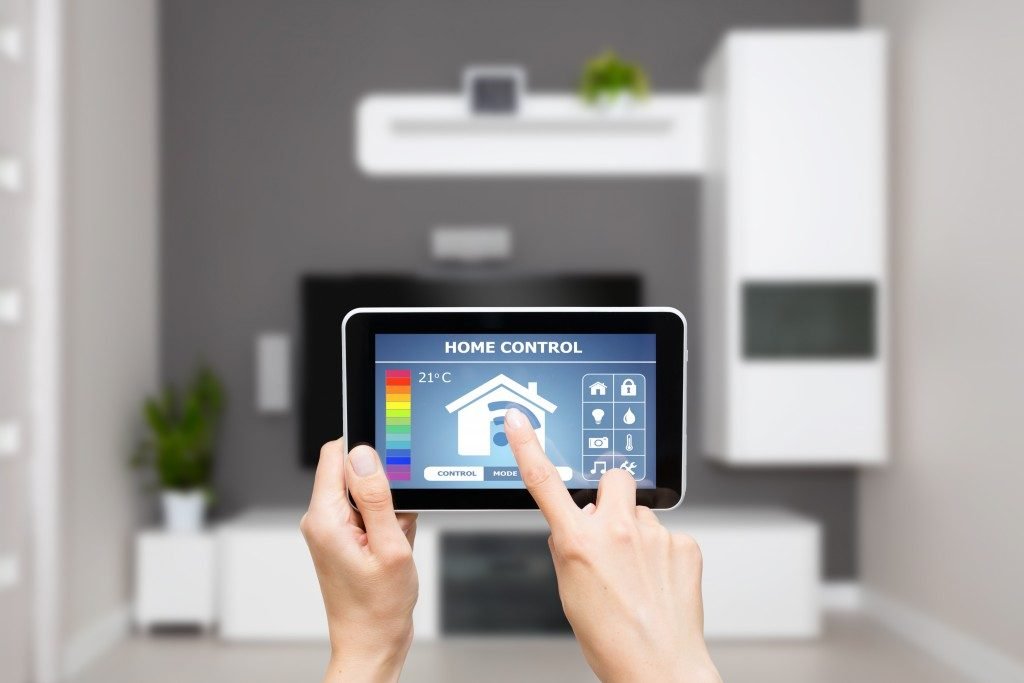Thanks to our technology nowadays, one can now make their homes smarter. The market offers tons of home automation products available to consumers. Each product provides added convenience and improved functionality.
They can also offer increased energy efficiency and even maximized home security. If you are planning about making the switch, would you DIY your home automation or do it yourself? Both options have their perks and drawbacks. But before we go over the pros and cons, know that you have three options when it comes to home automation.
First, you can choose to install and monitor your system on your own. You can also choose to install the system yourself and let a professional do the monitoring for you. The last option is to let the professionals handle the installation and monitoring.
Perks of Do-It-Yourself Home Automation
One of the main reasons why some homeowners prefer to DIY home automation is because of its low cost. Manufacturers and suppliers made some systems fairly easy to install, monitor, fix, and not to mention quite affordable. This allows you to upgrade your home – even if you only have a limited budget to start with.
There is no need to call in the professionals. All you need is your manual, and you can find your way to DIY-ing your home automation. Do you know your way when it comes to a custom electronic system? Then you’ll find it quite easy to automate your home with a solid-state relay.
Drawbacks of DIY Home Automation
If you’re opting for a DIY project, then you’ll be the one responsible for everything. There is no room for advanced capabilities, especially if you’re not a professional yourself. You’ll have to make wise decisions. You’ll need to make sure the devices you choose are compatible with each other.
Or else you’ll risk yourself of wasting your investment.
Perks of professional home automation

Letting an expert work on your home automation means you need not to exert an effort. One just needs to have the money and then tell the company what you want, and they do all the hard work for you. It offers reliable and custom system made to fit your needs and specification.
You get that peace of mind knowing the people working on your home knows what they are doing. You get ongoing support and even maintenance services as needed.
Cons of investing in professional home automation
Professional home automation requires a significant amount of cash and time investment. There are projects even the professionals won’t be able to finish overnight. Companies who offer such service often take time to study your home automation goals, asses your needs, and even the layout of your home.
They will then propose some systems which you will then need to approve and fund before working on the project.
By knowing the pros and drawbacks each option has to offer, you get to choose which one will best fit your situation. Your decision will depend on your needs, the size of your home, and even your lifestyle. Want a low-cost solution with basic system installation for your small apartment? Then DIY might be the best choice for you.
If you’re a homeowner wanting to invest, add value to your home and enjoy a customized system, then choosing professional home automation would be ideal.

